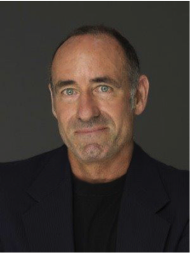
Abstract
Use of the heat from nuclear reactions to produce electricity has been proven over decades of commercial operation to be a safe and reliable large-scale carbon-free power source. Advanced reactor designs and fuel cycles are designed to be even safer, more efficient, and produce far less waste than presently deployed commercial reactors. Unfortunately, due to the historical regulated commercial environment in which the nuclear industry in western democracies has developed, no advanced reactors are allowed to be built and little innovation has been possible to address the primary limitations of nuclear power production; its cost. Large uncertainties in construction time and inherently high capital and operational costs of presently allowed designs have removed the investment incentives for plants producing low value electricity in democratic countries with access to abundant fossil resources. Non-democratic countries are adopting nuclear power at an increasing rate and creating educational and industrial infrastructure to capture global leadership and control of the use of the greatest force in nature. We have investigated conceptual designs for ultra-safe, low cost reactors that follow on advanced molten salt-based reactor concepts. By improving the value proposition of nuclear reactor systems, zero carbon energy production is possible at a cost that is competitive with fossil fuels.
Biography
Eric McFarland is a Professor of Chemical Engineering at the University of California, Santa Barbara. He studied Nuclear Engineering and received his Ph.D. from the Massachusetts Institute of Technology. He was a member of the Nuclear Engineering faculty at MIT before joining the UCSB faculty in 1991. McFarland’s research interests are in fundamentals of catalysis and applications for the efficient production of fuels, chemicals, and power.